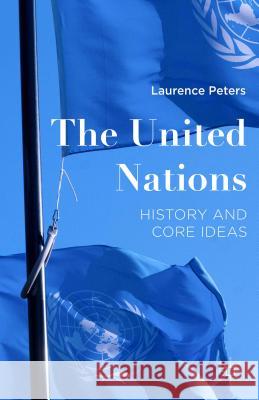The United Nations: A Short Intellectual History » książka
The United Nations: A Short Intellectual History
ISBN-13: 9781137557360 / Angielski / Twarda / 2015 / 185 str.
Most popular histories see the UN as a 20th century invention created in the shadow of the Second World War, but the roots of the international body can be traced back to much earlier sources. The UN is based on at least two large ethical beliefs, that peace is better than war and that all human beings have equal rights. Both beliefs are enshrined in its two founding documents, the UN Charter and the Universal Declaration of Human Rights. This book tells the story of how both documents came to be and explains why the UN today is interested not just in resolving conflicts but in shaping a more just world. It traces the way that a group of globally minded thinkers across the ages, often working in isolation and dismissed as utopian thinkers, reworked long traditions of ethical and religious thought to devise structures and norms that world leaders would embrace. As a result of an energetic debate that thinkers such as Kant, Rousseau, and Penn helped spark, the idea of an international body to preserve world peace came to be taken seriously not only by world leaders but also by a more widely literate public. Published on the 70th anniversary of the UN's founding, this book makes clear that the UN represents a product of our complicated dialogue with world history.











